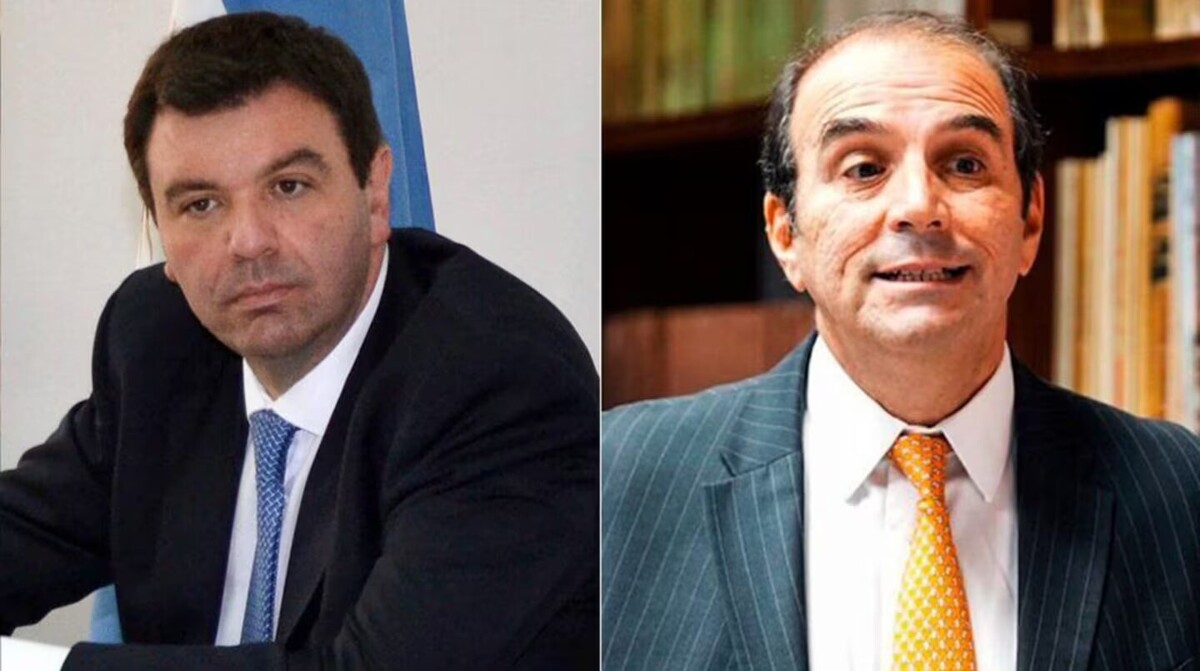
The Supreme Court is in a situation of institutional fragility following the retirement of Carlos Maqueda and the departure of Elena Highton de Nolasco. The ruling party faces difficulties in achieving the necessary agreements to move forward with appointments, as evidenced by the failure to nominate Ariel Lijo, exposing internal divisions and a lack of consensus.
Given the need to fill vacancies in the Court, the Executive is evaluating alternatives, but the opposition has made it clear that they will not enable the debate. Senator Florencia López expressed her rejection of the candidates from the ruling party, indicating the expectation of a female appointment to occupy one of the vacancies.
The "Cryptogate" scandal has affected the ruling party's negotiation capacity and diverted attention from other priority issues, such as judicial appointments. Ariel Lijo and Manuel García-Mansilla are the candidates proposed by the Government, but only Lijo received a favorable opinion from the Agreements Commission.
The political context is marked by controversy surrounding the cryptocurrency $LIBRA, promoted by President Milei, which has faced criticism and resistance. The collapse of this currency has generated significant losses and could lead to legal actions that affect the legitimacy of judicial decisions.
With negotiations stalled, the Government faces an uncertain outlook for filling the vacancies in the Supreme Court. The option of appointments by decree in commission faces obstacles, while names such as Ricardo Ramírez Calvo, Ricardo Rojas, Alberto Bianchi, and Carlos Laplacette are being considered as potential candidates.
The inability to finalize Lijo's appointment leaves the ruling party in a disadvantaged position and weakens the magistrate, who remains exposed as a federal judge without sufficient political support. The lack of strategy and support affects the Government's negotiations, leaving the Senate without the necessary votes to advance judicial appointments.













